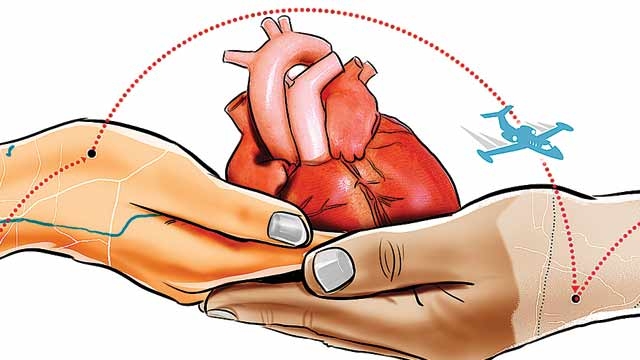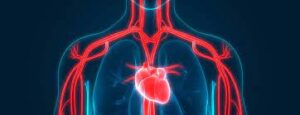Guest Blog- Scenario Of Heart Transplantation In India


The Indian scenario of heart transplantation is rapidly changing and growing. India did the first heart transplantation following the THOA act, which was passed in Parliament on 8th July 1994. Dr. Venugopal did the first heart transplant in AIIMS in New Delhi in the following month.
Between 2016 and 2019, India on an average performed 250 to 280 heart transplants every year. In comparison, between 2000 and 2011, India had done approximately 350 cardiac transplant operations in total.
During this Pandemic, the Organ donation program has had a major setback. The donations were very few and also the issue related to the Immunocompromised status of the patients following transplants was putting the recipients at greater risk.
Due to the increased awareness in our times, wherein print and electronic media is playing a major role, the organ donation drive is bound to create an impact and will yield results in more organ donations.
COVID & HEART TRANSPLANT
During this pandemic, when healthcare providers were overwhelmed with covid numbers, and a sudden surge in hospital admissions. This pandemic has pushed the transplant programs in the country on the back foot for the last 18 months. There are at present 250 hospitals in India capable of performing solid organ transplants. Out of these, 108 can undertake heart transplantation and 65 lung transplants. Any multispecialty hospital with cardiac surgery program can have a successful cardiac transplant program.
India is capable of performing more surgeries for solid organs, but the donations still remain low at .01 per million population compared to the global average of 1.09 per million population. West Bengal (Kolkata) has been the 10th state in India to perform successful heart transplants. The first heart transplant in Kolkata was performed on 21st May 2018.
But due to the pandemic and nationwide lockdown, getting a donor match was difficult. Also, the decrease in the number of road accidents during this pandemic has contributed to the reduction of Brain Dead Donors. However, after the second wave, many hospitals have started organ transplantation in major cities.
HEART TRANSPLANT IN CHILDREN
For children, complex congenital heart conditions are more common compared to adults, where heart failure is the primary reason for a transplant. In a child’s case, specific indicators show the need for a heart transplant. One is Dilated cardiomyopathy (DCM), where the heart starts to fail during the first decade, and number two is a complex congenital heart disease beyond treatment. These scenarios make them a candidate for a heart transplant if the other organs are fine.
Pediatric cardiac transplantations are pretty rare because it is difficult to find an exact matching heart. Before operating for a heart transplant, it is vital to match the body surface area of the donor and recipient so that the organ fits and functions well in the recipient’s body.
CARDIAC CONCERNS & COVID-19
Covid, as we all know, impacts the lungs and heart. The virus attacks the body’s immune system, lungs, and blood vessels in the heart, the kidneys, or anywhere in the body. Thus, it causes a hypercoagulable state, i.e., high clot formation in lungs, heart, and brain arteries. Covid-19 doesn’t directly affect the heart; however, if a person is a heart patient, the infection only increases the chances of a cardiac arrest.
Fortis Kolkata has done five heart transplant surgeries to date. But, in the last one and a half years, no such procedures were performed due to the pandemic situation and fear of contracting the infection.
The numbers are sure to see an increase post the third wave, which again is sure to happen. As of now, we need to continue with our mission of spreading more awareness and sensitizing people to organ donation.
There is an urgent need to increase the low donation rate to help improve the rate of heart and lung transplant surgery. NOTTO, the national body should be strengthening the national program, by means of manpower, resources, and financial autonomy. Transportation of organs across states should also be eased out and facilitated with cheaper air corridors.
Transplantation surgery is always at the cutting edge of medicine, and a hospital that has this facility is generally considered to be an advanced medical center. Heart transplant surgery has an emotive appeal from the public perspective and is the best transplant surgery when it comes to promoting the noble concept of organ donation
About the author- Dr. K.M. Mandana, Fortis Hospital, Anandapur
